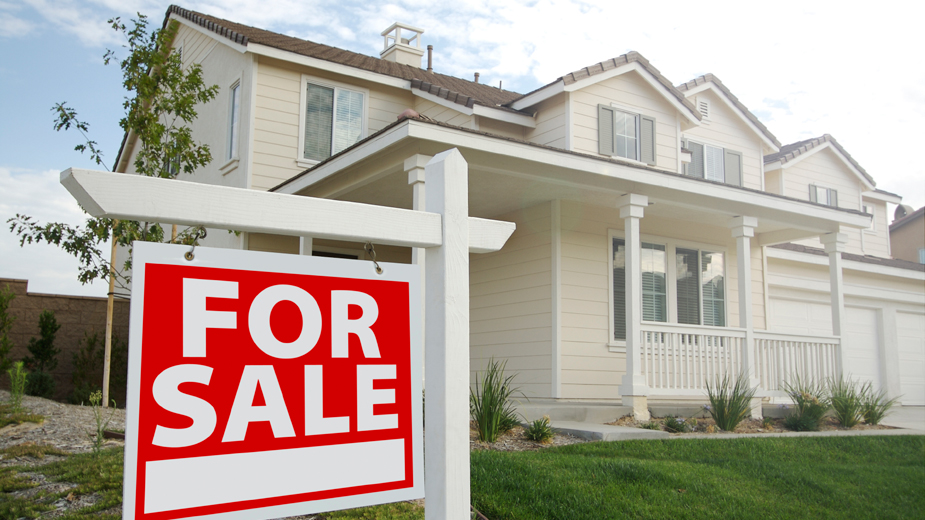YOUNGSTOWN, Ohio – With many Americans finding themselves spending more time at home, it’s not too surprising that they’re taking a close look at their houses, maybe closer than they’ve ever done before. And if something needs to be repaired or upgraded right away, tapping into a home equity line of credit can be an easy way to pay for it.
“This is anecdotal from them, but our customers have been home more and are seeing all the different things they’d like to do to improve their home,” says Jason Gendics, vice president of retail and business banking at Home Savings Bank.
“The other part we’ve been seeing is a safety net,” he continues. “They see a lot of uncertainty in the world and with that, they want to have something there to help them out in case something bad does happen.”
By and large, financial institutions don’t require their customers to disclose what they’re spending their home equity lines of credit on after they’ve been extended. Home Savings, for example, offers debit cards that draw from the credit line.
But, bankers say, there’s been a surge of interest in home equity lines in the months since the coronavirus outbreak hit Ohio.
“We’ve seen a heightened level of interest for home improvement projects,” says Mark Witmer, chief banking officer at Farmers National Bank. “At the same time, a lot of people have been refinancing their home equity loan into a straight loan. They can take that variable home equity loan and make it a fixed 30-year or 15-year loan. We’ve seen some people paying off because they refinance.”
Part of what’s fueling the interest in home equity lines is the uncertainty the coronavirus has brought. Because the lines can be used for anything, it’s not uncommon for them to be used to deal with emergencies as they arise.
“Home improvement is an item people frequently use it for. Some just like to have it open for emergencies,” says Mark Senkowitz, real estate lending manager at 717 Credit Union. “If you want to take a cash advance for personal reasons, you can do that. If you want to take money out for a trip, you can. If you want to pay down the balance of a car loan, people use it for that.”
The application process is less rigorous than getting a mortgage, Senkowitz says, with 717 verifying income and debt-to-income qualifications to ensure borrowers can pay and don’t incur too much debt. To qualify, a borrower must owe the bank less than his home is worth. Lines of credit typically are attached to the federal prime rate and are usually valued at up to 85% of a house’s value.
“People use those for the purpose of convenience. Once you have that extended line, you have it for quite some time as long as you’re meeting your monthly obligations,” Senkowitz says. “People tend to like that.”
